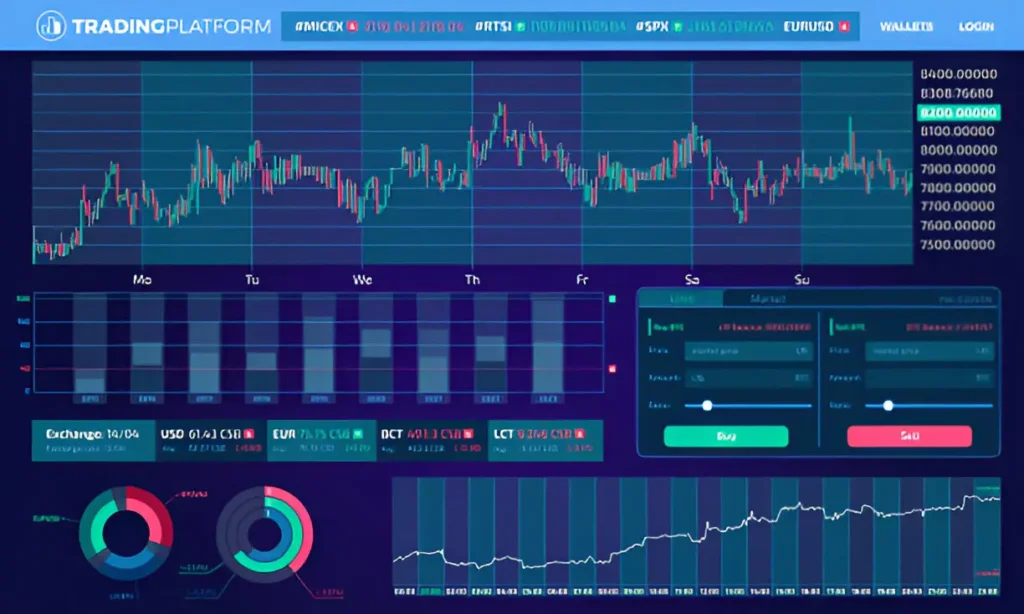The institutional side of crypto is no longer on the sidelines — it’s front and center. Over the past few years, traditional finance firms, hedge funds, and family offices have begun entering the digital asset market, bringing massive volume and expectations with them. But crypto trading for institutions isn’t the same as it is for retail investors. The stakes are higher, the tools are more complex, and the margin for error? Practically nonexistent.
Whether you’re representing a fund, a prop trading firm, or an OTC desk, choosing the right platform for institutional crypto trading is not just a technical decision — it’s a strategic one.
What Makes Institutional Crypto Trading Different?
Let’s cut to the chase: institutional crypto trading operates on a different level than retail. Institutions are looking for deep liquidity, low-latency execution, robust API access, multi-user accounts, and — critically — regulatory compliance.
Unlike the average retail trader who might place a few trades a week, institutional players often deploy large capital across multiple venues, needing real-time order routing, smart order execution, and custom risk management features. They also require secure custody solutions and personalized support, not just a chatbot or help center article.
For example, by choosing institutional cryptocurrency trading on WhiteBIT, you get specialized services tailored for high-volume, high-stakes environments — something a typical exchange simply isn’t built to handle. The platform’s infrastructure also offers its cryptocurrency mining pool, so institutions can diversify operations and tap into additional revenue streams beyond trading. While mining may traditionally be associated with individual users or small collectives, large-scale players can benefit from dedicated hash power allocations and predictable payouts, especially when integrated within the same ecosystem as their trading activities.
Key Factors When Choosing an Institutional Crypto Trading Platform
Here’s what to keep an eye on when evaluating an institutional crypto trading platform:
- Liquidity depth. Slippage can erode profits fast. Look for platforms with high liquidity across major trading pairs, ideally with multiple market-making partners.
- Security and custody. Cold storage, MPC wallets, and insured custody are non-negotiables. Any institutional cryptocurrency exchange worth its salt will offer bank-grade asset protection.
- Execution infrastructure. Fast APIs, FIX/REST/WebSocket support, and low-latency trading architecture matter for algorithmic strategies and HFT setups.
- Regulatory alignment. Whether your institution operates in the EU, the US, or Asia, the platform must align with local compliance requirements. KYC, AML, and licensing status should be clear and transparent.
- Dedicated B2B support. A B2B crypto exchange should offer account managers, onboarding assistance, and tailored features like sub-accounts and custom reporting.
- OTC and custody services. For institutions moving large volumes outside public order books, a strong OTC desk and third-party custody integrations are key.
A strong platform for institutional crypto trading won’t just provide access — it will give your team a strategic edge. For example, platforms that offer hybrid services (spot + derivatives) or fiat on/off ramps give institutions greater flexibility in portfolio management.
The world of institutional trading crypto is growing rapidly, but the tools you choose today will shape your results tomorrow. Don’t settle for a retail-focused platform with a few pro features slapped on top. Institutions need infrastructure, not improvisation.
Whether you’re looking for superior execution, compliance, or the confidence to scale, the right institutional crypto trading environment can be a game-changer.
Also Read-Exploring advanced techniques in independent financial trading


